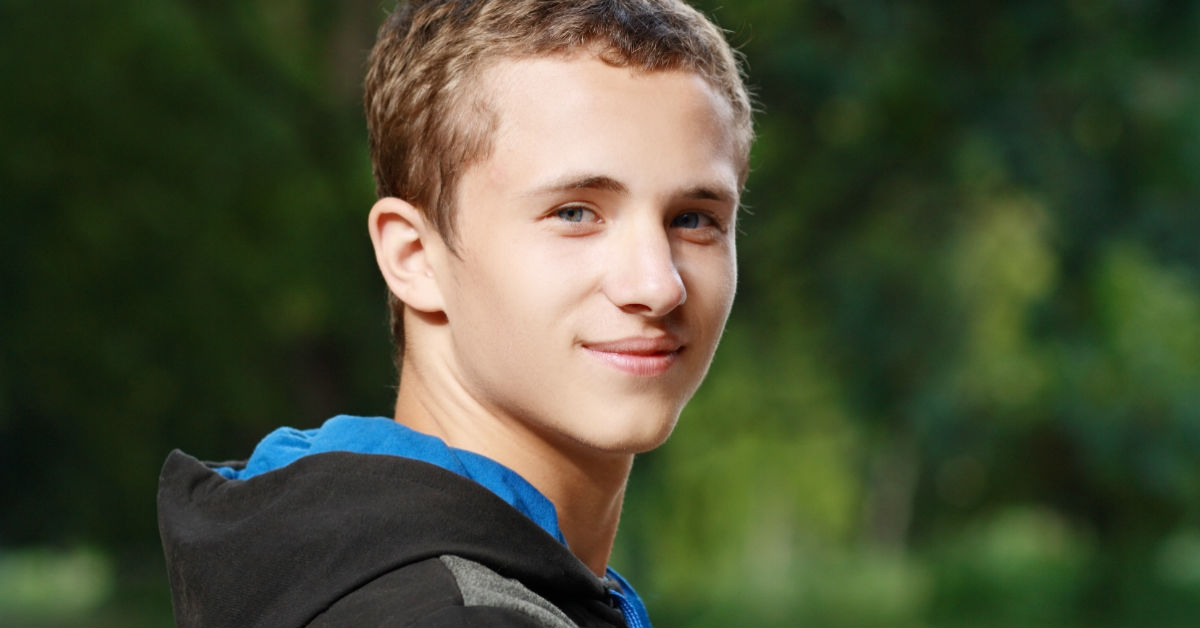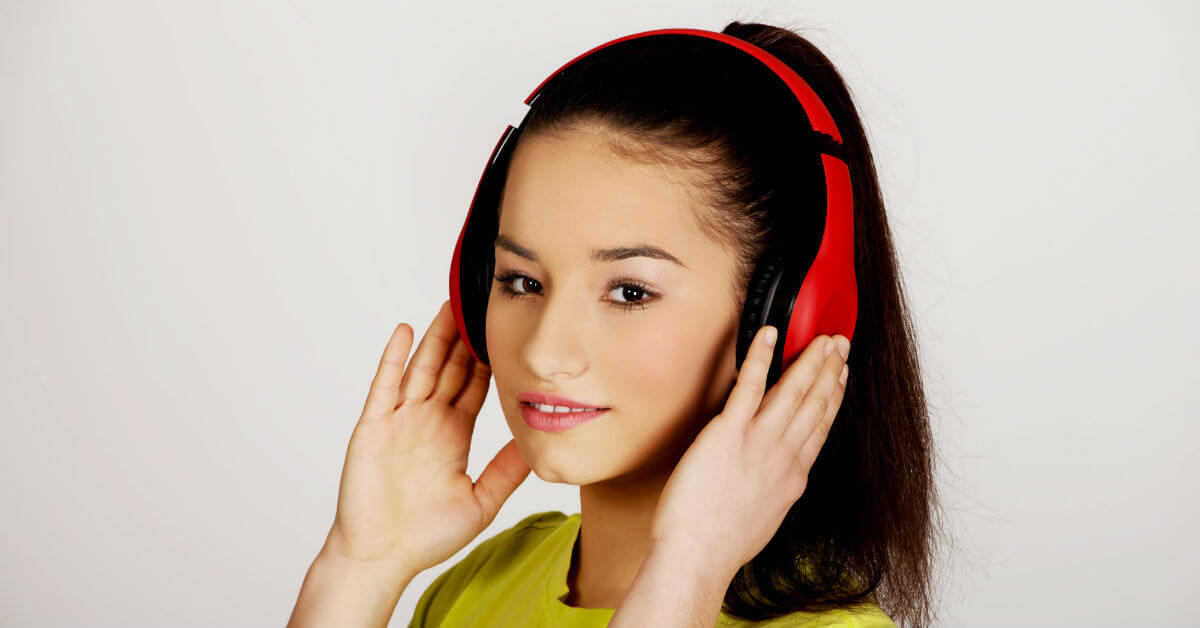Choosing how and where to educate your kids is one of the biggest decisions that we as parents will ever make. Your kids’ education will impact not only how much they learn, but will also determine who their friends are, what kind of teenager they become, and what they decide to do with their lives as adults. For religious families, choosing what they feel is the best education often means choosing schools that support their specific beliefs.
Today, many would say that Christianity is under attack. Unfortunately, the world we live in isn’t often very friendly to traditional Christian values. Even well-meaning public schools can actually undermine the values and truths we try to teach at home. As a result, many families choose to educate their kids in privately-run Christian schools. If you are trying to decide if Christian schools are right for your family, here are a few differences between Christian and public schools you might consider:
Educational content. The typical public school is not generally allowed to teach students that values and truth are absolute. Truth is observed as theoretical or relative, with a more humanistic approach. In a Christian school, every aspect of study is taught from the perspective of God’s word. Values are absolute, truth is eternal, and subjects like science, history, and even math include creationism, biblical facts, and evidence of God’s kingdom of order.
Purpose. In a public school, students are prepared to be good and tolerant citizens. Of course, this is not an inherently negative thing. However, Christian schools prepare students for life as a disciple of Christ. They emerge equipped to live productive, educated lives, and share the message of the Gospel through their words and deeds.
Peers and teachers. Public education comes with exposure to all kinds of peers and teachers with different backgrounds and beliefs. Teachers’ instruction may be colored by their personal religious or social convictions, and may or may not be in line with your family’s values. Other students may not be committed to Christianity or any specific set of morals. Christian schools only employ teachers who believe in Christianity, and who teach and act accordingly. And you can rest assured that all students come from faithful Christian homes.
Control. The nature of the public education system demands that the state hold the keys to educational content, methods, and governance. School teachers, staff and administrators are require to answer to those who are in control. In a Christian school, parents have much more influence and control, because these privately-run schools do not answer to such government regulation.
If you’re a Christian who is concerned about how your children learn, who they interact with, and how these factors play into who they become as teens and adults, then Christian schooling could be the best choice for your family. But remember: no matter what where or how you choose to educate your children, there is no substitute for involved, concerned parents who teach and lead by example











0 Comments